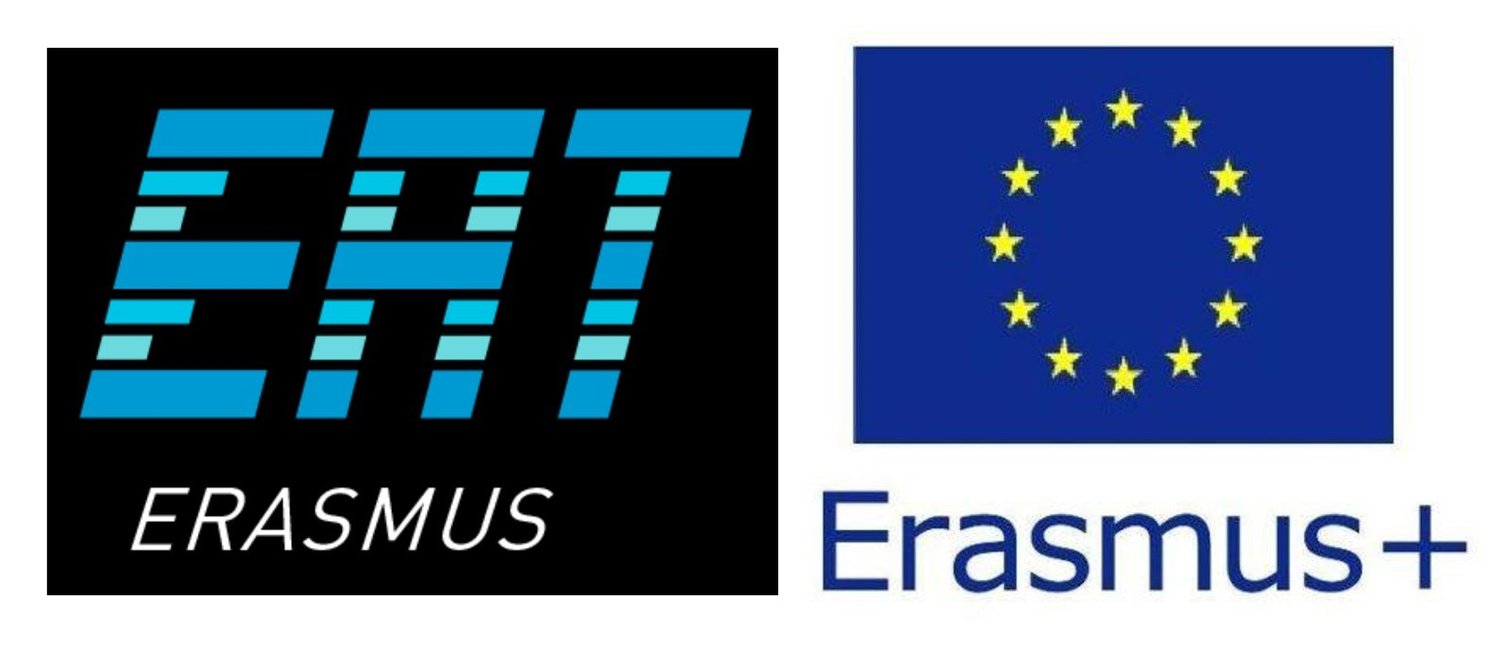2.3 Factors impacting the development of self-regulatory approaches at the individual level: The educator perspective
It is important to understand student and educator perceptions of barriers to their active engagement in developing SRL practice if learning contexts are to enable all learners to have equal access to them.
Educator and student conceptions of learning and teaching are important in impacting how individuals engage in learning contexts (Evans, 2014, 2015a; McCune & Entwistle, 2011). Perceptions of barriers and affordances to learning and individual and team responses to them are linked to people’s conceptions of learning, neurobiological factors (Friedlander et al., 2011), the processing heuristics (methods of evaluating or revising ideas) and schemas (mental structures that individuals use to organize knowledge and guide cognitive processes and behaviours that individuals use (Waring & Evans, 2015).
Educator perspectives: The design of assessment (e.g., organisation and coherence of assessment, progressive nature of it, focus of assessment, types of tasks, clarity of information, and role of feedback) is critical in impacting how students engage with learning. There are a number of barriers to implementing effective self-regulatory approaches to assessment (Evans et al., 2019) to include:
Access to concepts: Lack of knowledge and experience of core SRL concepts and relevance of them; nothing to hang new ideas on – no reference point; accessibility of the language/ideas –‘pedagogical gobbledygook’.
Pedagogical expertise: Baseline knowledge of subject and understanding of how to apply concepts to practice.
Sensitivity to context: Knowledge and understanding of students’ starting points; colleagues’ strengths and weaknesses.
Political capital: Understanding of context and perceptions of ability to leverage change for self and others.
Data expertise: Ability and interest in using data to support learning decisions.
Experience: Educator experience of, and confidence in using SRL approaches.
Conceptions of learning and teaching: Pre-established schema- Beliefs about what effective learning/teaching looks at and what the roles of staff and students should be- what does empowerment of learners look like? What does SRL mean? What does deep look like?
Mindset/confidence: Belief about ability to effect positive change and confidence in working in new ways with students.
Resilience: Persistence, bounce backability; ability to change direction in light of setbacks.
Flexibility: Willingness to use different approaches and enable students to utilise different approaches.
Creativity: To design new approaches and to navigate barriers.
Willingness to engage: Goals…Interest in enhancing practice -Priorities and perceived value of engaging – linked to institutional systems of recognition/reward/challenge/risk.
Individual toleration of uncertainty / need for cognition: Unphased by lack of clarity and desire to master complexity.
Team identity: Importance of being part of a team and belonging – being valued outside of a discipline/function

